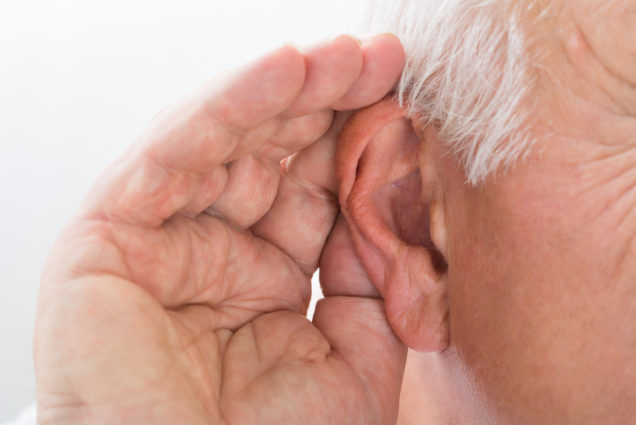What Is Low Frequency Hearing Loss?
As opposed to common belief, there are actually different types of hearing loss. The most common and most known type of it is high frequency hearing loss. This in fact, is quite easy to spot as its indicators are quite clear. Being linked to “sensorineural hearing loss,” which is a hearing impairment due to damage in the inner ear, it is also the catalyst to have caused 90 percent of hearing aid wearers to resort to such devices.
On the other hand, the less known low frequency hearing loss is rather hard to identify because its symptoms are subtle. Usually, this is triggered by damage to the middle ear, which is called “conductive hearing-loss.”
About Low Frequency Hearing Loss
Many people with low frequency hearing loss go about their lives unable to distinguish this disability being present in their auditory systems. Those experiencing these are actually capable of participating in majority of conversations with only minor negative effects felt from this condition.
Group settings is its weakness though, and this is where it is more likely recognized. Try having you and your friends go to a noisy area and have them converse. Make sure others are able to hear and converse properly. Be observant and see if you can do the same as well as others can. If not, then this might be time to visit a healthcare professional for a formal diagnosis. A trip to a medical practitioner specializing in these cases, would be the best way to officially confirm if you really do have low-frequency hearing loss.
How Is This Treated?
The first step to treatment would be a check-up with a specialist. This is essential because they are the only ones competent enough, with the needed skills and knowledge, to deal with such a problem.
You will be made to undergo a series of hearing tests by the practitioner. Make sure you execute these properly since the results will help determine approach they are to take in addressing your impairment.
If you are suited for such, the specialist would offer you the option of hearing aids that are modified to meet your needs. Take good care and apply proper maintenance practices on these devices so that they can serve you effectively and for a much longer time period.
Make sure to listen to these experts’ advice and incorporate these into your lifestyle. Remember that though low-frequency hearing loss may be less severe than its counterparts, if not careful, these can worsen and start to span into other frequencies.
Ear Health Tips
Stay away from excessively noisy areas that exceed 80 decibels, which is the limit for a healthy range of sound. Avoid listening to gadgets at full volume, and set it where it is audible enough yet not harmful to one’s auditory system.
Make use of the appropriate ear protection instruments, depending on what the situation calls for (i.e ear muffs for cold weather). Hygiene is important but be cautious when cleaning ears. Avoid inserting cotton buds or any other objects deep inside the ear. When using cotton buds focus it only on the outer ears.
The best way to keep your ears in tip-top shape is to have an expert take a look. Schedule a consultation with one of Beltone DFW’s experts at (888) 958-8432.






